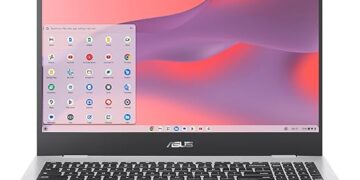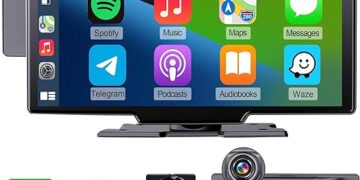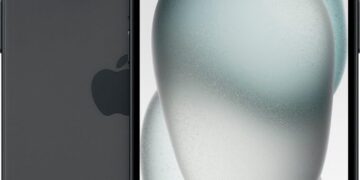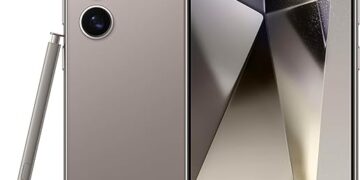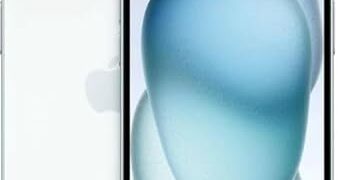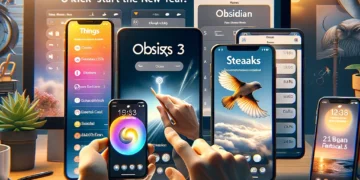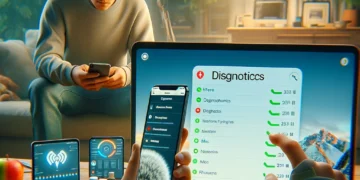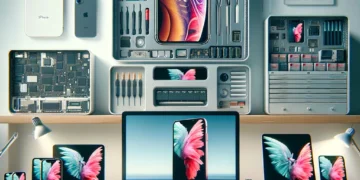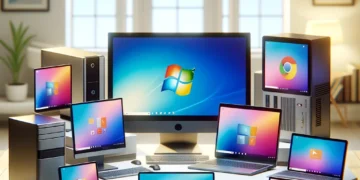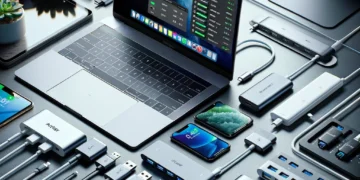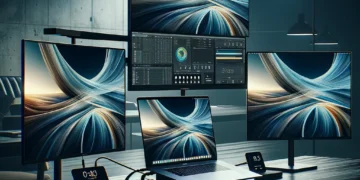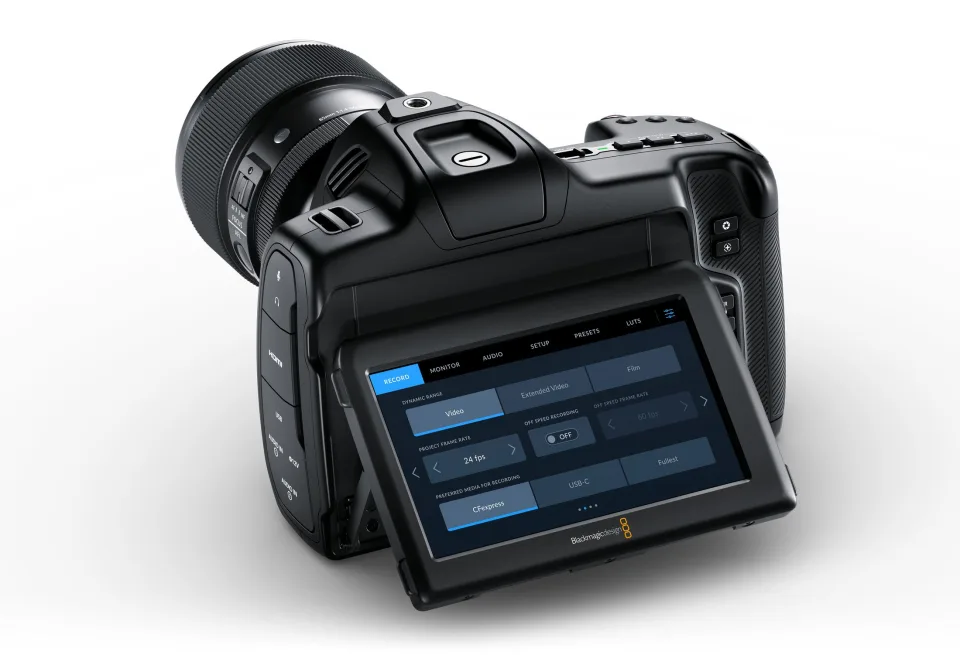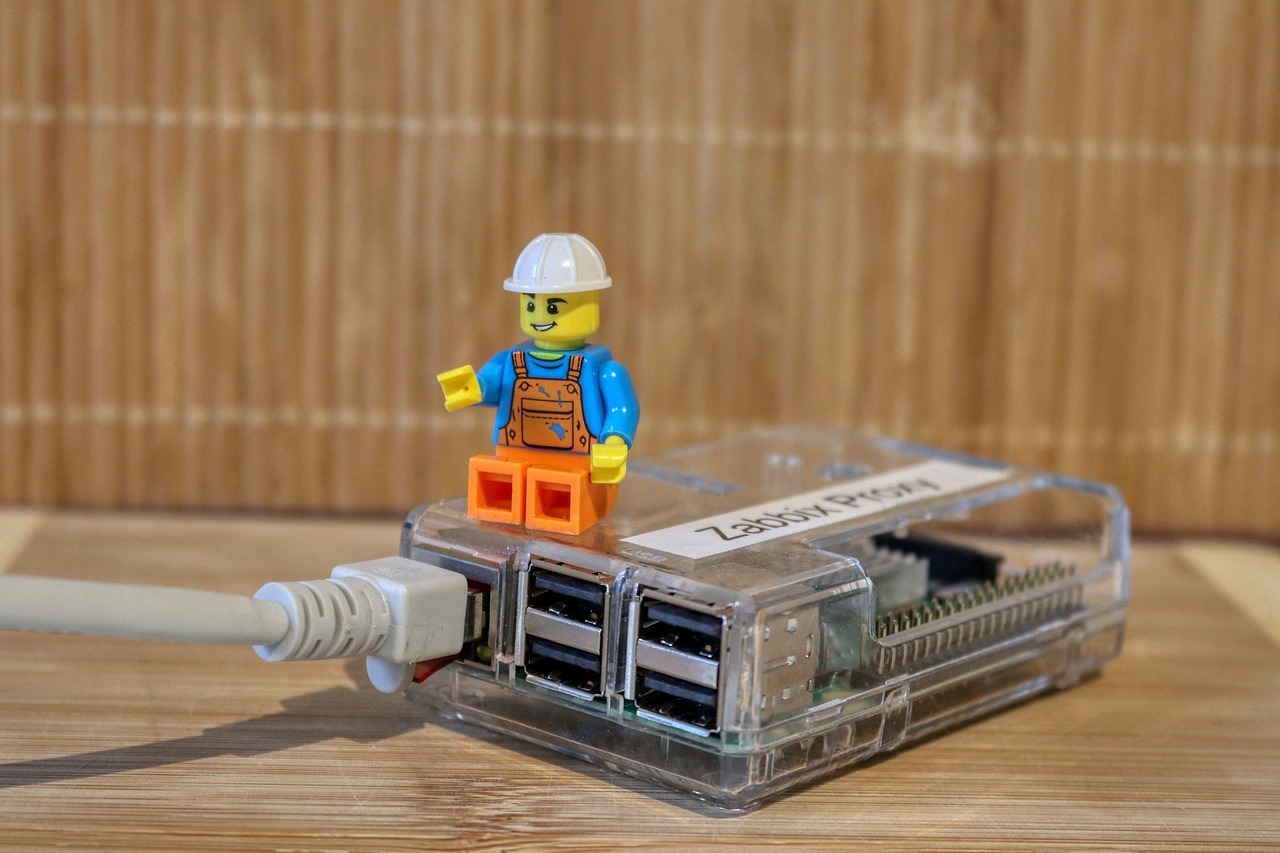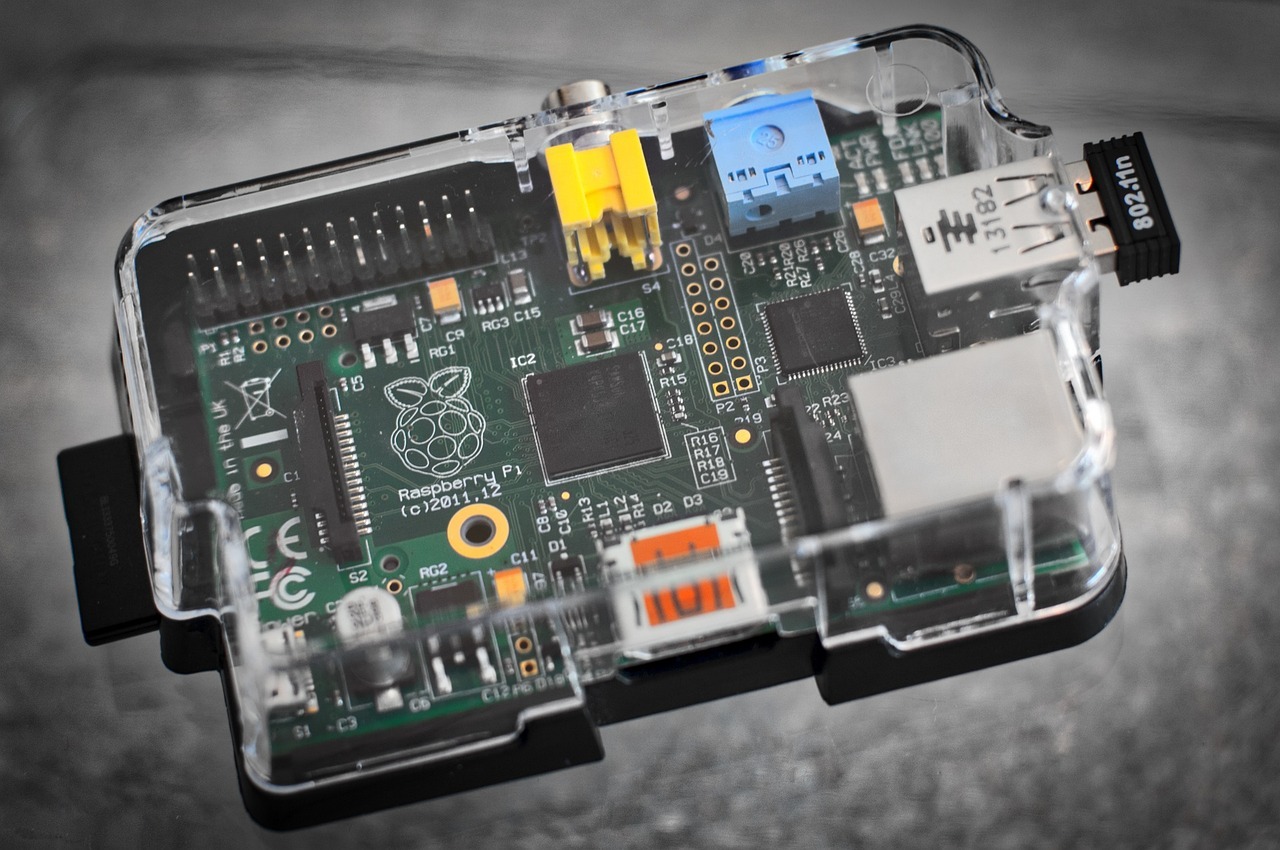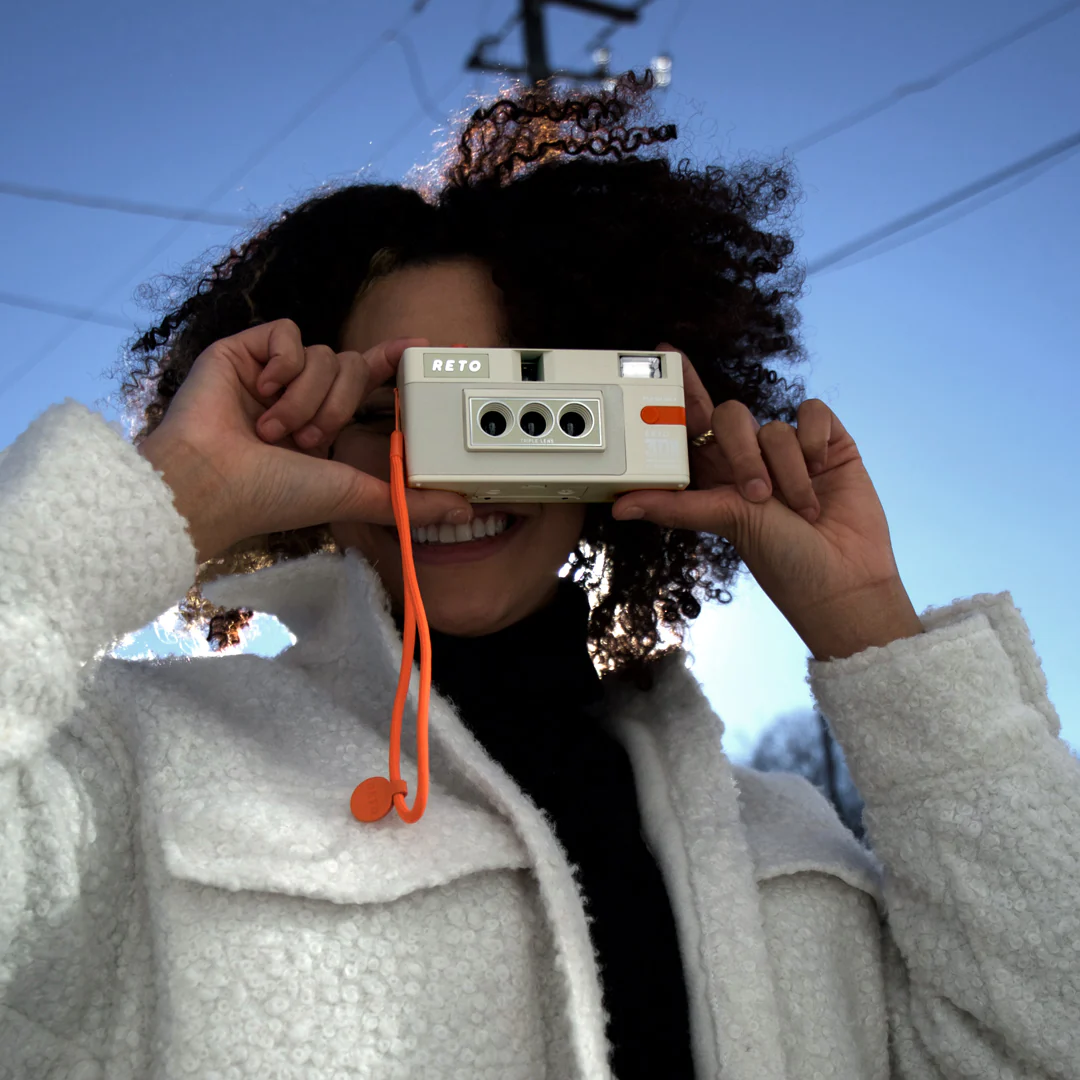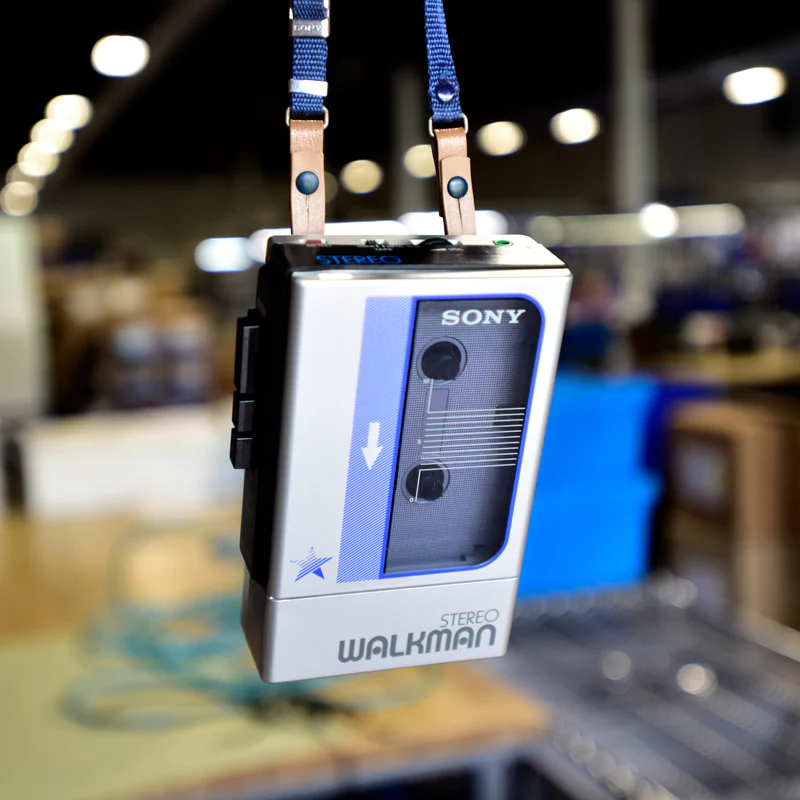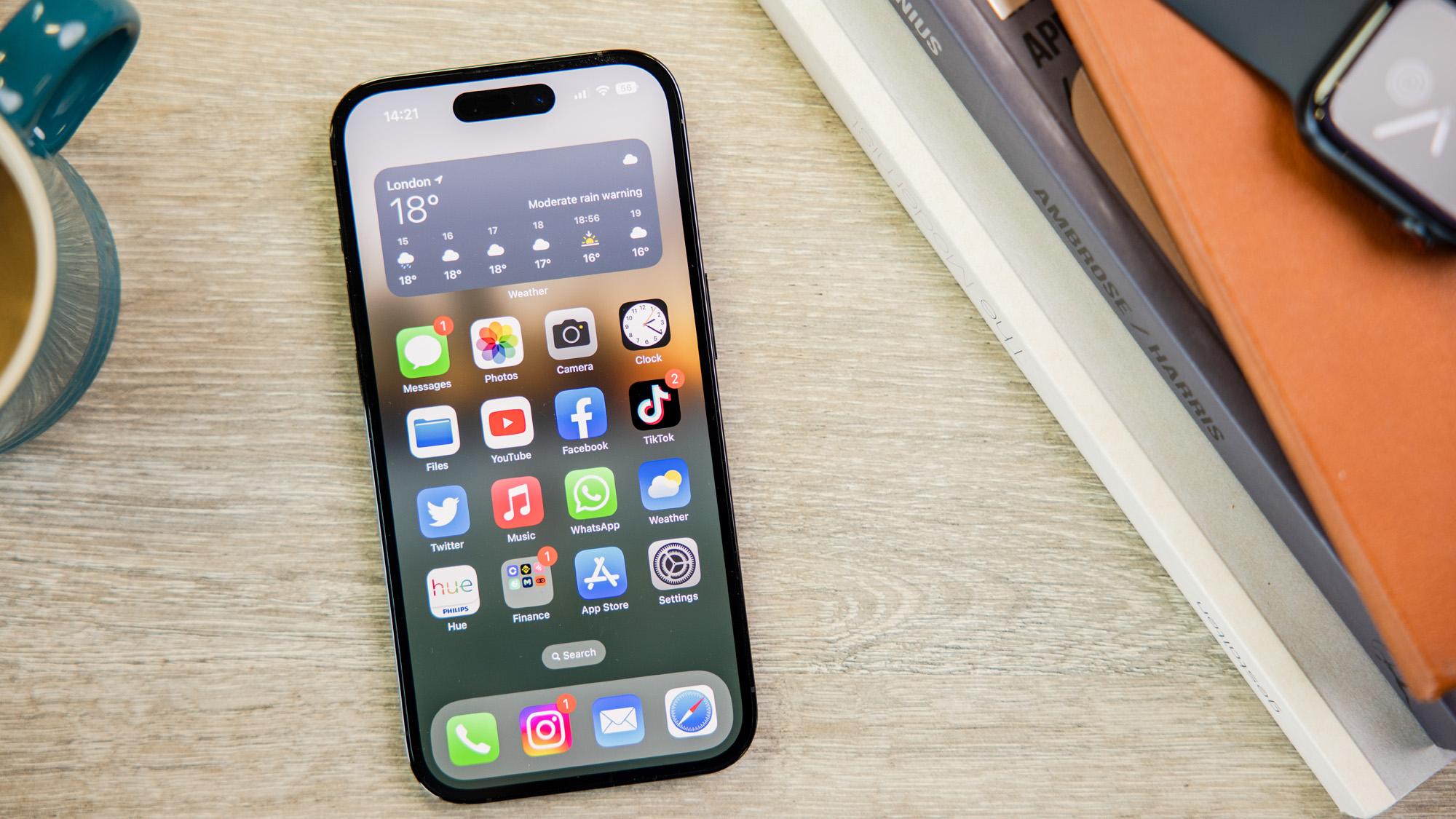Recent reports indicate that a French agency, Agence Nationale des Fréquence (ANFR), has urged Apple to cease the sale of iPhone 12 due to findings revealing excessive radio frequency radiation emissions.
It’s important to note that all mobile phones, as well as products with radio emitters, emit non-ionizing radiation. Various international bodies have established regulations to govern the permissible levels of such emissions. The Specific Absorption Rate (SAR) is the measure used to determine how much radiation the body absorbs. ANFR’s claim is that the iPhone 12 surpasses the legal limit.
However, it’s crucial to emphasize that the legal limit is significantly lower than what scientific research suggests as potentially harmful (in fact, it’s ten times lower). As of now, there is no known harm to consumers.
Additionally, global health agencies such as the World Health Organization (WHO) have not identified any link between mobile phone usage and health issues associated with radiation, despite decades of usage and billions of mobile phone users worldwide.
ANFR has announced its intention to dispatch agents to stores to ensure that Apple discontinues the sale of the iPhone 12. Failure to comply could result in a recall of units that have already been sold to customers.
Apple has challenged these claims and intends to dispute the findings. The company asserts that the iPhone 12 has received certification of compliance from multiple international bodies. Moreover, Apple has furnished ANFR with several lab results, including those from third-party sources, demonstrating the phone’s adherence to regulatory standards.
Notably, French authorities employ a distinct testing methodology compared to most other regulatory bodies, resulting in the removal of 42 devices from store shelves. While this marks the first instance of an Apple product being affected, it remains uncertain whether ANFR has conducted similar tests on the iPhone 13 or 14.
From Apple’s perspective, the suspension of iPhone 12 sales is likely to have minimal impact. The device is three years old and has already been phased out of Apple’s iPhone lineup to make way for the iPhone 15 (iPhone 14 and iPhone 13 models will still be available). Thus, the vast majority of iPhone 12 units that will be sold have already been distributed. However, the potential concern lies in non-compliance, particularly with refurbished units, as it could potentially trigger a mandatory recall.





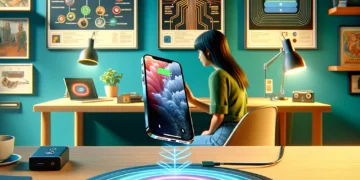




![Apple Watch SE (2nd Gen) [GPS 40mm] Smartwatch with Starlight Aluminum Case with Starlight Sport Band S/M. Fitness & Sleep Tracker, Crash Detection, Heart Rate Monitor](https://www.tech-bit.com/wp-content/uploads/2024/06/applewatchse2ndgengps40mmsmartwatchwithstarlightaluminumcase-360x180.jpg)
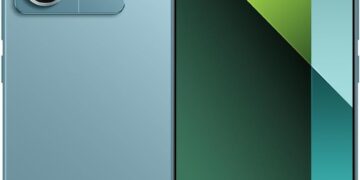

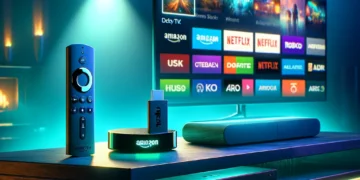

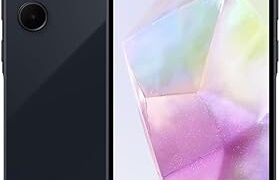
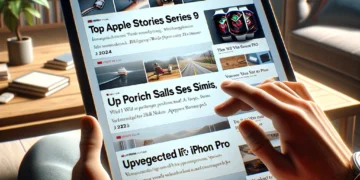
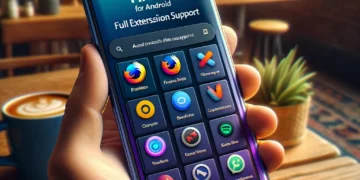
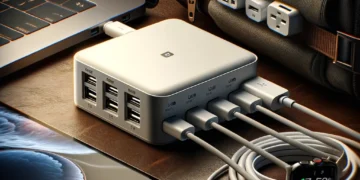
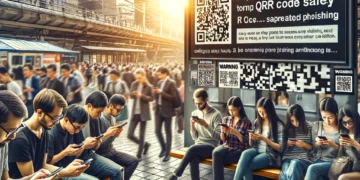
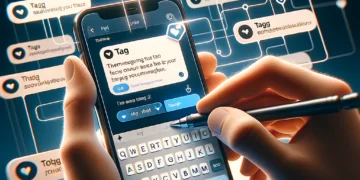

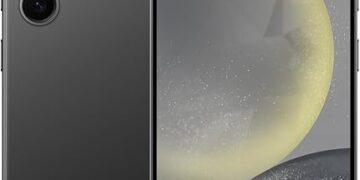
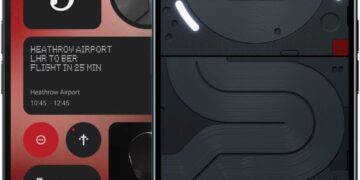
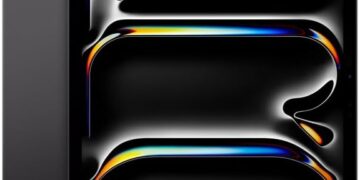


![Apple Watch Series 9 [GPS 45mm] Smartwatch with Midnight Aluminum Case with Midnight Sport Band S/M. Fitness Tracker, ECG Apps, Always-On Retina Display, Water Resistant](https://www.tech-bit.com/wp-content/uploads/2024/06/applewatchseries9gps45mmsmartwatchwithmidnightaluminumcasewith-360x180.jpg)

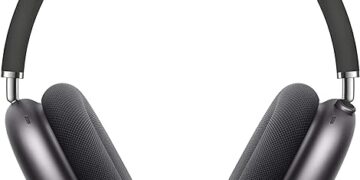
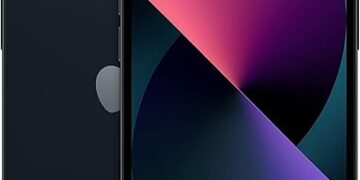
![Apple Watch Ultra 2 [GPS + Cellular 49mm] Smartwatch, Sport Watch with Rugged Black Titanium Case with Black Ocean Band. Fitness Tracker, Precision GPS, Action Button, Extra-Long Battery Life](https://www.tech-bit.com/wp-content/uploads/2024/10/applewatchultra2gpscellular49mmsmartwatchsportwatchwithrugged-360x180.jpg)



